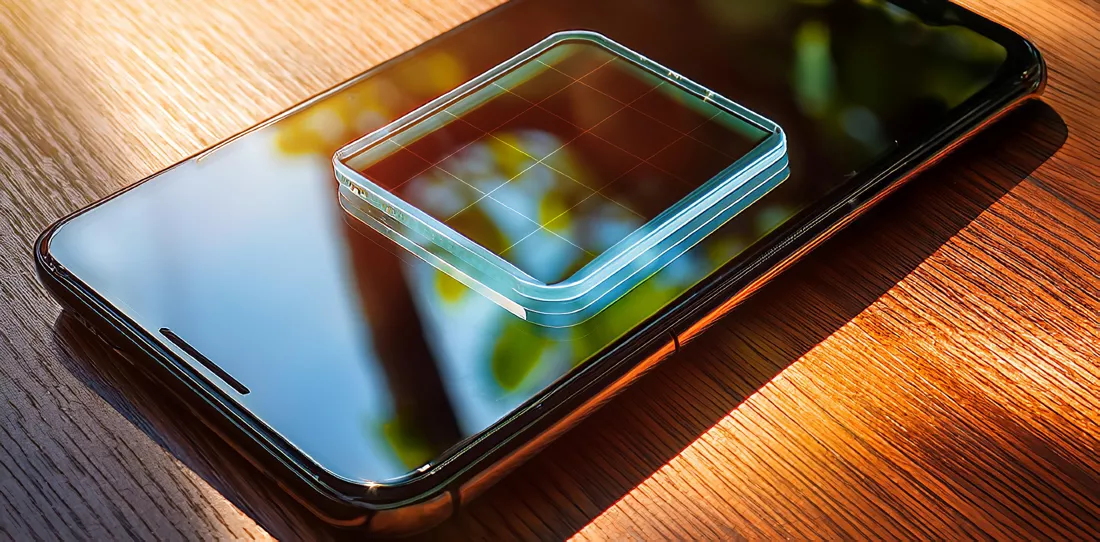- cross-posted to:
- [email protected]
- cross-posted to:
- [email protected]
A research team from the Ulsan National Institute of Science and Technology (UNIST) in South Korea has developed transparent solar cell technology capable of directly charging a battery from a glass surface. This innovation offers numerous applications, allowing for direct energy generation from sources like smartphone screens, car windows, and building facades.
Did a simple calculation to see how long it would take for such a tiny solar panel they made to charge the phone. And that’s not using the phone (turned off) and without concern for overheating the phone by putting it in direct sunlight. The efficiency of regular solar panels are bad, this transparent thing is cool but way worse than regular panels. In an optimized scenario such as in the paper (not realistic) it would take 60 hours for a full charge. Since there aren’t usually 24 hours of sunlight (let alone full direct sunlight) it would probably take well over a week to charge.
Self charging phones using solar isn’t a thing that’s practically possible.
Even at high efficiency (which isn’t possible) it isn’t practical since phones don’t do well in the sun and are usually stored in pockets, bags and often have covers over them. Plus they are mostly used inside where there isn’t sun, or outside where most of the times there also isn’t a lot of sun.
Just put a solar panel on the roof, that’s the best place for solar panels.
Solar panels on your roof won’t do much good if you’re off grid and need to charge your phone. Just get a small, folding solar panel that you can carry in your backpack. A 10W panel will only need a couple hours of direct sunlight to fully charge a phone.
Even having a panel covering your backpack would be a good idea.
There was a very simple phone from Samsung a few years back that had a solar cell on the back.
Since the battery lasted over a week anyway, you could easily double the battery life by just having it in indirect light.
Modern phones are guzzling so much power that it’s hardly useful there.
yeah I was thinking if this was so useful we would have panels on the back of the phones already.
You could look at it another way- a solar power screen on a phone won’t charge it all the way, but as a secondary source of power that is essentially always on when the sun is up or other light sources are on, it reduces the battery drain over the day, meaning less charging needed at night.
It’s so tiny that it’s a waste of time and money. Most phones can charge in an hour now, so there’s no need to shave 60s off a night charge by exposing your phone to the sun all day.
Carry a power bank if you are constantly draining your phone all day.
Great points.
Regular solar cells with better efficiency are already are thing, even in a compact travel format or as a novelty part of some electric cars. Those are cheap to produce, but still aren’t practical at all, unless we’re talking about something like a 2m² solar panel to charge a phone in a somewhat reasonable time on a very sunny day in an off-grid situation.
Using transparent solar cells additionally to regular ones in buildings instead of windows is pretty much the only reasonable application I can think of right now, but with a visible transmittance of 20% that’s kinda farfetched as well.
Weight is extremely important in automotive applications, and I see no info on how this compares to the weight of conventional auto glass.
Most “solar on cars” doesn’t get past the gimmick stage because of unfavorable power to weight ratio.
False comparison. Smart phones are volume constrained, cars are weight constrained.
sure, the 6 ton object is “weight constrained”
Go read up on CAFE regulations and then tell me weight doesn’t matter.
That’s pretty wild







